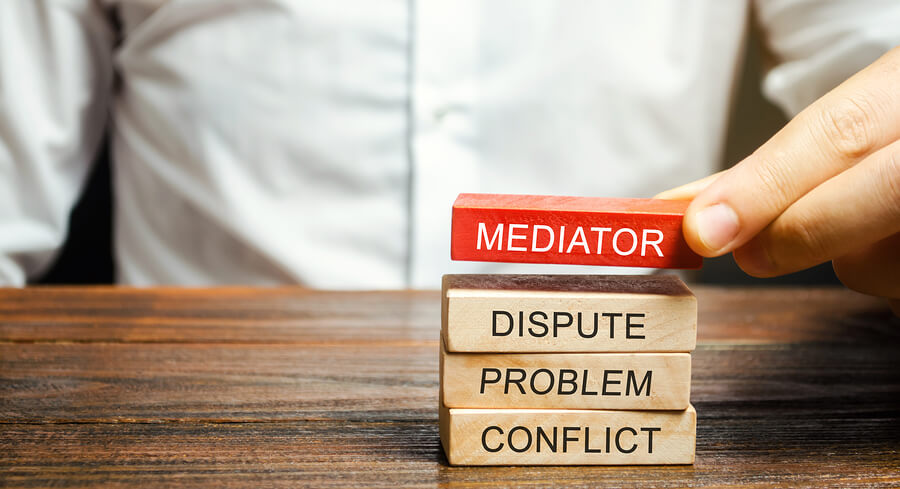
What is mediation?
Mediation is a process in which a neutral professional assists parties in co-creating solutions to a problem. In mediation, the parties express their concerns, interests, and goals. They look for common ground and a better understanding of the other.
When is mediation appropriate?
Conflicting parties can mediate at any point. Some parties mediate before a complaint is filed, others may not mediate until the trial is imminent. Mediation is appropriate whenever the parties are motivated to resolve their issues efficiently and confidentially.
How long is mediation?
Mediation can take anywhere from a half-day to a series of days. Mediation can be conducted primarily in a joint session, where all the parties are in a shared space, or in caucus, where the parties are in separate rooms. Some mediators use a combination of styles.
Can what I disclose in mediation be used against me?
Mediation is a confidential process. All offers and statements made during the course of the mediation are made without prejudice to any party’s legal position and are non-discoverable and inadmissible for any purpose in any legal or administrative proceeding. However, evidence that is otherwise admissible or discoverable is not rendered inadmissible or non-discoverable as a result of its disclosure or use during the mediation proceedings.
In a caucus session, one party may share information with the mediator which the party does not want disclosed to the other party. The mediator cannot disclose this information without the consent of the disclosing party.
What are the benefits of mediation?
The outcome in a mediation often reflects creative solutions that a court would not consider. In mediation, the parties control the outcome.
How is mediation different from arbitration?
While both are forms of Alternative Dispute Resolution, in arbitration, the parties plead their case to an expert who makes a decision on the merits. Like in a trial, the process does not provide for a party-driven solution. A mediator is a third-party neutral like an arbitrator, but a mediator facilitates a resolution instead of dictating it.
Who pays for mediation?
The mediation participants decide the responsibility for payment of the mediation fees, however, fees are typically split evenly.




